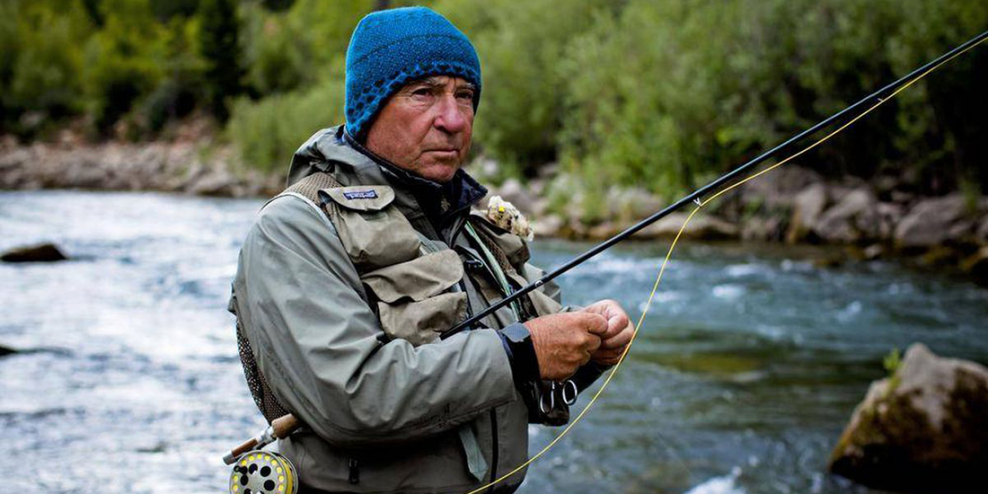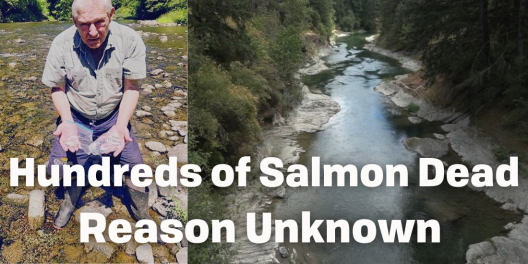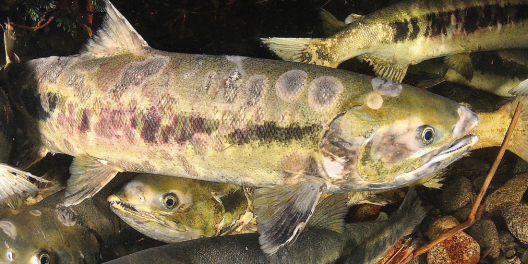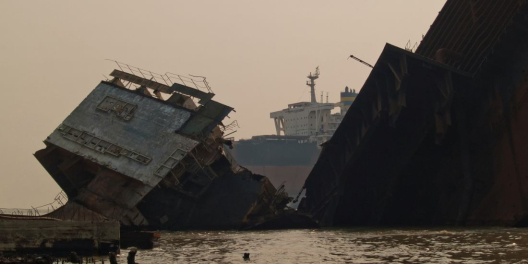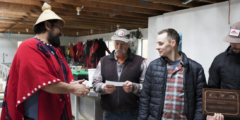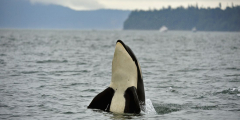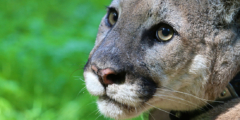Yvon Chouinard says he never wanted to be a businessman.
If that’s true, then the billionaire founder of Patagonia clothing is one of the most unusual and forward-thinking capitalists the world has seen in a long time, if ever.
This past week, Patagonia hit news feeds around the world after Chouinard announced that he was giving away the company. Patagonia is valued at more than $3 billion (all funds in USD).
From now on, all company profits will be placed in several trusts to support conservation and climate change initiatives worldwide. That means roughly $100 million every year for environmental projects.
But, unlike other high-rollers, this isn’t just a scheme to avoid taxes. The trust is a 501(c)(4), which allows it to make unlimited political contributions. That’s important in a world where money talks. But it also means Chouinard gets no tax benefit for its donation.
It’s an unprecedented move.
And it’s not the first time Chouinard has bucked business-as-usual in his remarkable life.
Six decades ago, Chouinard started making climbing gear for friends, then got into clothing. His company grew, and with it, Chouinard says, his concern about his company’s growing impact on the planet.
“If we could do the right thing while making enough to pay the bills, we could influence customers and other businesses, and maybe change the system along the way,” Chouinard explained in a letter announcing his decision to give away his company.
Chouinard’s commitment to giving back is longstanding. He co-founded 1% For The Planet, where companies donate 1 percent of their gross sales to support environmental solutions. Patagonia has donated $116 million to environmental work since 1985.
But that’s not all. When Trump passed his tax cut, giving a windfall to big corporations, Patagonia gave away the $10 million tax savings.
A few years ago, Patagonia became a B Corp and officially changed the company’s purpose to read: “We’re in business to save our home planet.”
Chouinard also broke almost every business convention. When other companies had a 9-to-5 work schedule, Chouinard told his people to go surfing. When their competitors pumped new products, Patagonia encouraged customers to send their old clothing in for repair, free of charge.
It was branding genius.
“While we’re doing our best to address the environmental crisis, it’s not enough. We needed to find a way to put more money into fighting the crisis while keeping the company’s values intact,” Chouinard says.
Chouinard is now 83 years old. Giving away his company to a trust is his idea of a succession plan to keep Patagonia’s values intact.
It will have worldwide conservation impacts, including right here on the West Coast. As an avid fly fisherman, Chouinard has a deep connection to our part of the world. Patagonia has donated millions towards salmon watershed conservation programs in the past. It continues to do so in partnership with MakeWay, a Canadian non-profit.
It’s not the biggest philanthropic foundation—far from it. The Gates Foundation is worth more than $50 billion.
But Patagonia has done much more to shift the needle on what it means to be a responsible corporate citizen.

